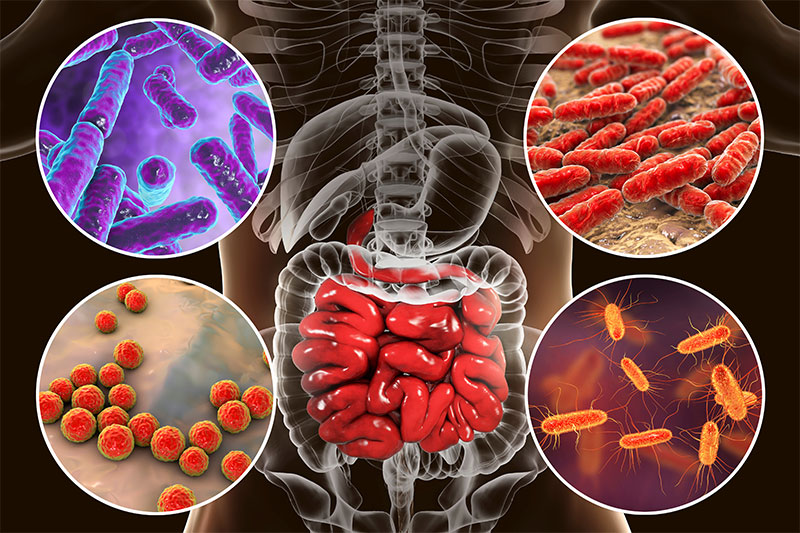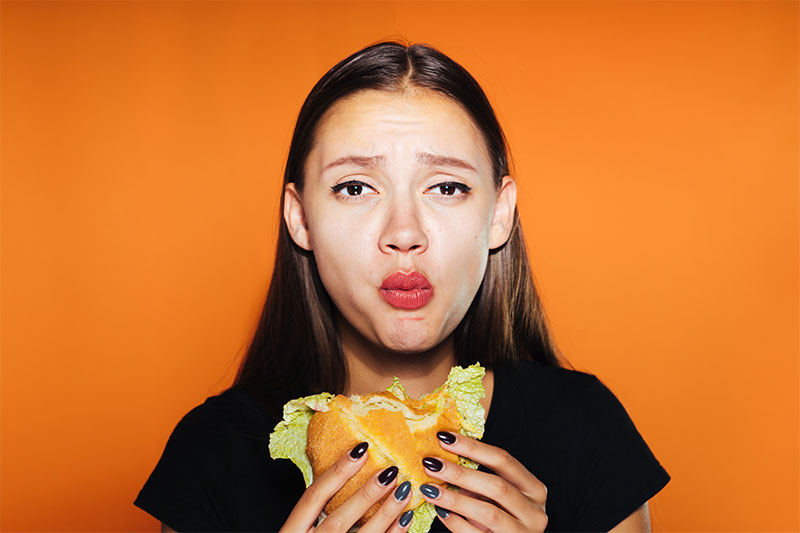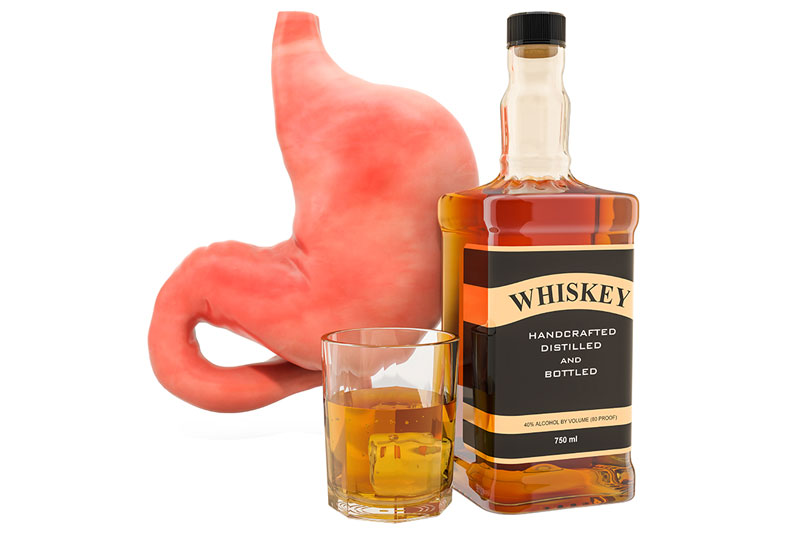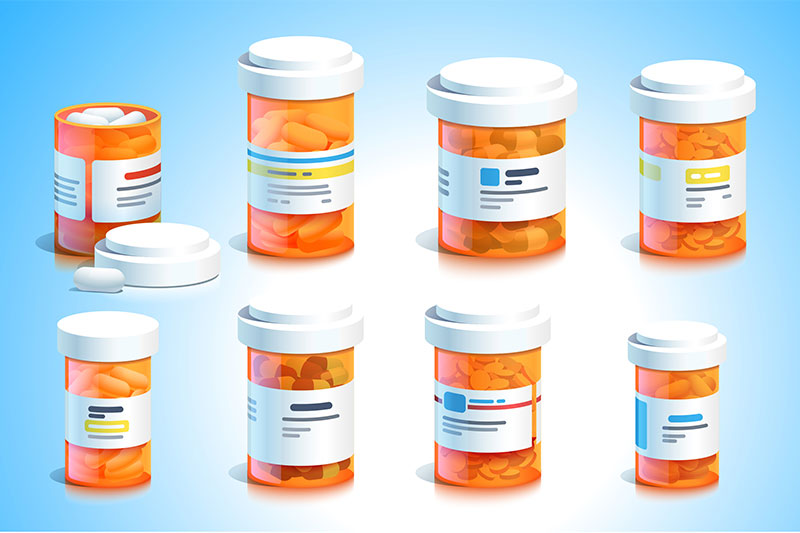Most of us have experienced digestive difficulties at some stage. Some problems become better on their own or with the help of medicines, while others can persist for a long time.

The digestive system involves the tube from the mouth to the rectum (esophagus, stomach, intestines) as well as various organs that are connected to this tube. Your abdomen is taken up almost entirely by the organs of the digestive system, so it shouldn’t be surprising to find that when it’s not working well, you feel miserable. Therefore, it is important to keep the digestive system in good condition so that all the cells in the body can get nourishment.
Digestive diseases come in a variety of ailments and play host to different symptoms. Impaction of the bowels, constipation, fever, bowel obstruction, nausea, vomiting, diarrhea, chronic indigestion, heartburn, weight loss, weight gain, and fatigue can all be signs of digestive system diseases. These are mostly caused by a common set of enemies. These enemies are:
#9 – Stress

Stress – physical, emotional, mental, or any other kind – can play major part in a wide range of digestive problems like irritable bowel syndrome, indigestion, and heartburn. When you experience stress, your digestive process slows down as the body diverts blood, energy, and oxygen to other areas of the body to give you the strength and energy to run or fight your way out of trouble. This causes food to stay in your system longer, fermenting, and results in digestive problems.
#8 – Not chewing food properly

The food swallowed only after a few short chews is harder for your body to digest as the digestive process has to work harder in completely breaking the food down. This can lead to poor absorption of the minerals, vitamins and other nutrients in the food. This can also result in bloating, gas and indigestion.
#7 – Wrong food combinations

Some foods can cause digestion problems when eaten with other foods. For example, fruits should be eaten alone as they are digested faster. If they are eaten with other food like cereals or dals and meats they cross react, ferment and ultimately putrefy (decay) releasing toxic gases. Another food combination that needs to be eaten separately is heavy proteins and very starchy foods. For instance potatoes and meat or rice and chicken should be eaten separately.
#6 – Smoking

There are up to 4000 chemical compounds contained in a cigarette, hundreds of which are poisonous. It harms all parts of the digestive system, causing common disorders as heartburn, gastritis and peptic ulcers. Smoking also increases the risk of Crohn’s disease (an inflammatory condition of the digestive tract), and possibly gallstones.
#5 – Low fiber diet

Fiber is a food component that keeps your digestive system working and promotes the proper elimination of wastes. Lack of fiber in your diet can result in constipation. Many researchers also believe that not eating enough fiber may possibly be also the cause of cancer of the colon and intestines.
#4 – Alcohol

Alcohol causes euphoria, which depresses appetite, so that heavy drinkers tend to eat poorly and become malnourished. Alcohol also interferes with acid secretion, stomach muscles, and nutrient absorption. Too many drinks can contribute to diarrhea, heartburn, liver problems, and even esophageal cancer.
#3 – Coffee

Drinking too much coffee on an empty stomach will cause “coffee tummy” or “coffee gut,” a basic discomfort in your digestive system. It increases acidity of gastric juices with more acid and can damage the lining of the intestines. It also increases heartburn or acid reflux by relaxing the lower esophageal sphincter muscle at the juncture of esophagus (food pipe) and stomach.
#2 – Medication

Many medicines taken by mouth may affect the digestive system. One of the most common drug-induced injuries is irritation of the lining of the stomach. Some medicines cause nerve and muscle activity to slow down in the stomach. A variety of medicines can also cause constipation. Consult your doctor before using any medications.
#1 – Sedentary lifestyle

Practicing a sedentary lifestyle weakens the digestive system, and your abdomen can suffer. It causes reduced metabolism and constipation. Exercise reduces sluggishness by stimulating the intestinal muscles to push digestive contents through your system.
Maintaining a healthy lifestyle such as proper diet, regular exercise, avoiding both smoking and excessive alcohol consumption and managing stress wisely is important in ensuring good digestive health.


